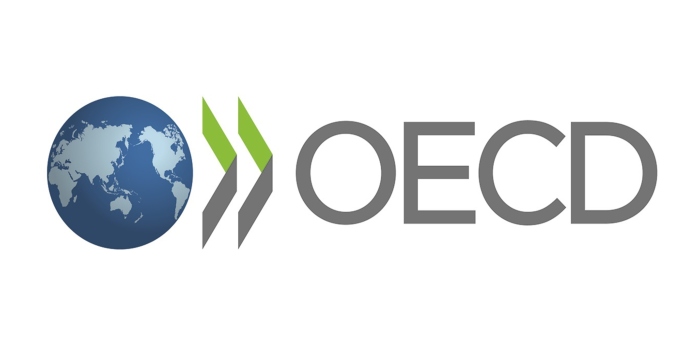
28/06/2021 – The COVID-19 pandemic has taken its toll on small‑ and medium-sized enterprises and entrepreneurs globally, but they are weathering the storm thanks to strong government support packages, according to a new OECD report.
The OECD SME and Entrepreneurship Outlook 2021 looks at measures taken to help SMEs survive, and in many cases thrive, during the pandemic. It also considers the longer-term effects of the crisis and how countries can create the conditions for a greener, more sustainable and inclusive recovery. The report finds that SMEs and entrepreneurs are fundamental in driving the recovery and confirms that government rescue packages are playing a crucial role.
And there are many encouraging signs. In Australia and France, for instance, business start‑up rates are now 20 per cent above pre-crisis levels. The crisis has also strengthened SME resilience. More than 50 per cent of SMEs in OECD countries have increased their use of digital tools, thus helping to narrow digital divides with their larger counterparts.
The COVID-19 pandemic has also created new opportunities for SMEs and entrepreneurs, through shifting global value chains, stronger local business ecosystems and the green transition.
But despite these positive developments, some challenges remain. Many support mechanisms for SMEs and entrepreneurs came in the form of debt which, if unwound too rapidly, could precipitate a wave of bankruptcies that jeopardise the recovery. Government support has also been less effective at reaching smaller and younger firms, the self-employed, as well as women and minority entrepreneurs, thereby widening pre-existing inequalities.
“Micro-, small and medium-sized enterprises are important engines of growth, accounting for 99% of businesses in OECD countries and driving the creation and diffusion of innovations that boost productivity, drive stronger growth and create jobs”, OECD Secretary-General Mathias Cormann said, presenting the report by video on the occasion of the United Nations Micro, Small and Medium-sized Enterprises (MSME) Day. He also called on more SMEs to make the digital leap, as digital tools have become crucial for business continuity during the COVID‑19 crisis. (Watch the live UN event).
The report, the first in a series of publications launched during OECD MSME Week, also highlights how recent recovery packages have placed a high priority on digitalising, reskilling and greening SMEs to build back better. Looking ahead, governments’ ability to leverage the momentum in SME innovation and entrepreneurship will be key to converting them into a broader engine for the recovery.
See the 38 individual Country profiles, which provide insights on SME performance and entrepreneurial trends, and assess the factors of vulnerability and resilience of SMEs and entrepreneurs. The profiles also present national SME and entrepreneurship policy frameworks and recent policy initiatives to sustain SME liquidity and support the recovery.
See more information on OECD work with small and medium-size enterprises: http://www.oecd.org/cfe/smes/
For further information, journalists are invited to contact Sandrine Kergroach in the Centre for Entrepreneurship, SMEs, Regions and Cities, Pierre-Alain Pionnier in the Statistics and Data Directorate or Louise Fietz (Tel. +33 1 45 24 80 91) in the OECD Media Office.
Working with over 100 countries, the OECD is a global policy forum that promotes policies to preserve individual liberty and improve the economic and social well-being of people around the world.
<!–
| Full Name | |
| Email Address | |
| Comment |
|
–>
by :
Source link
